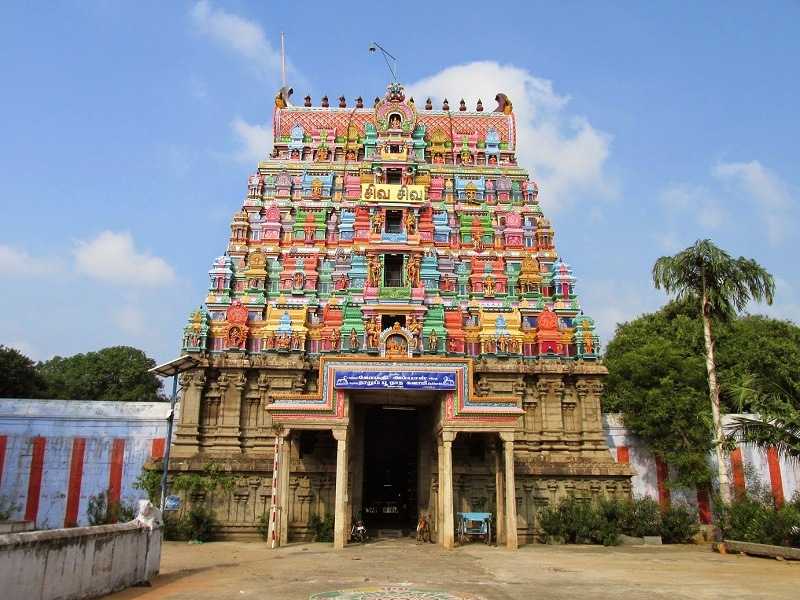At a distance of 16 km from Ambasamudram and 30 km from Tirunelveli, Narubunatha Swamy Temple is an historic Hindu temple located at Thirupudaimaruthur close to Veeravanallur in Ambasamudram Taluk of Tirunelveli district, Tamilnadu. Located on the merging place of Gadana River & Thamirabarani River, this temple is among the oldest temples in Tirunelveli area.
Often known as Thirupudaimaruthur Temple, the temple is devoted to Lord Shiva and is greater than 1200 years outdated. Maravarman, the king of Madurai and his son had constructed a small temple in 650 BCE. After that, Pandiyas, Vijayanagara Kings and Kalakkad Kings expanded the temple. The sanctum sanctorum has an enormous Shiva lingam, which is named Pudaar Jeeneshwarar or Narumbunathar. The Shiva lingam leans barely in direction of the left aspect and has marks of scratches made by deer and sickle minimize.
In line with the legend, the area was below the rule of Maravarman then. He got here to this place dense with Marudha timber for searching. He focused a deer which hid itself within the gap of a tree. The king ordered to chop the tree to get the deer out. However blood got here out of the tree the place the king discovered a Shiva lingam with successful on the pinnacle attributable to the instrument. He heard a voice saying that Shiva himself graced them via the deer. He constructed the temple as directed by the Lord.
Located in 6 acres of land, Thirupudaimaruthur Temple’s compound partitions measure 575 toes in size. The temple gopuram has 5 tiers. There are a lot of niches within the partitions with gods and goddesses. The primary deities are Narumbunathar and Goddess Gomati. The idol of Ambal is made up of Rudraksha. The goddess shrine on this temple is having nice status since she is a healer of illnesses. Ladies possessed with evil spirits used to remain within the Mani mandapam for a number of days and pray for his or her remedy. There may be additionally a separate shrine for Natarajar.
The 10 day Thaipoosam in January-February, Ani Uthiram in June-July, Adi-Pooram in July-August, Navarathri in September-October, Mahashivaratri in February-March, Skanda Shasti in October-November and Panguni Uthiram in March-April are the foremost festivals celebrated within the temple.
Timings: 6 AM – 11 PM & 4.30 PM – eight PM

